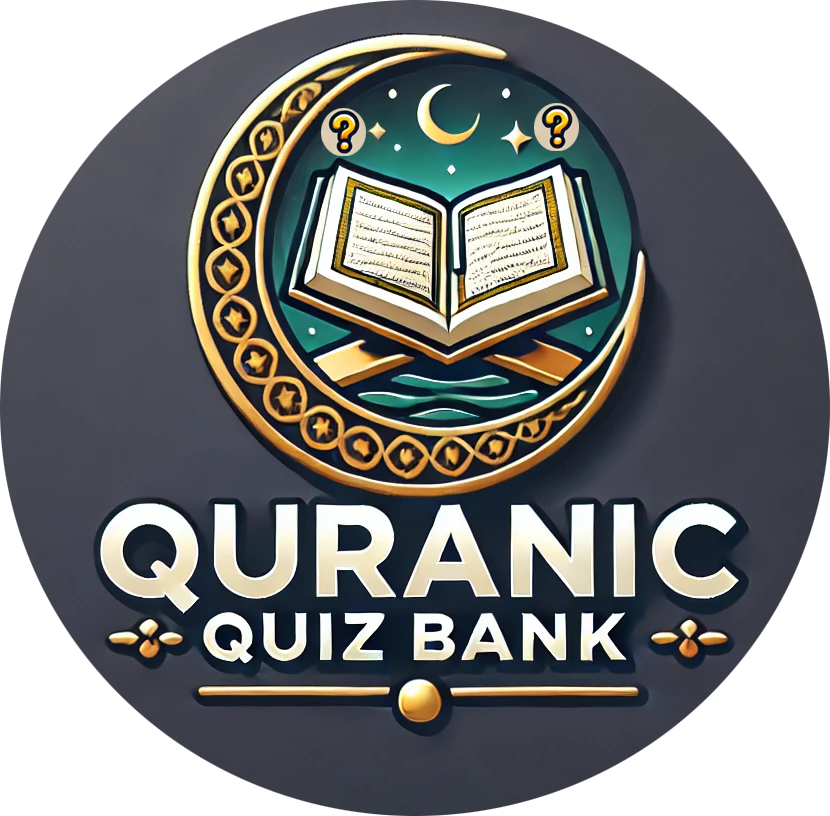Sorry, this is incorrect.
The correct answer is : When he was shown the impressive throne brought to him from the Queen of Sheba in his palace
Ref: Surah An-Naml 27: 40
Arabic:
قَالَ ٱلَّذِى عِندَهُۥ عِلْمٌۭ مِّنَ ٱلْكِتَـٰبِ أَنَا۠ ءَاتِيكَ بِهِۦ قَبْلَ أَن يَرْتَدَّ إِلَيْكَ طَرْفُكَ ۚ فَلَمَّا رَءَاهُ مُسْتَقِرًّا عِندَهُۥ قَالَ هَـٰذَا مِن فَضْلِ رَبِّى لِيَبْلُوَنِىٓ ءَأَشْكُرُ أَمْ أَكْفُرُ ۖ وَمَن شَكَرَ فَإِنَّمَا يَشْكُرُ لِنَفْسِهِۦ ۖ وَمَن كَفَرَ فَإِنَّ رَبِّى غَنِىٌّۭ كَرِيمٌۭ ٤٠
Translation:
But the one who had knowledge of the Scripture said,1 “I can bring it to you in the blink of an eye.” So when Solomon saw it placed before him, he exclaimed, “This is by the grace of my Lord to test me whether I am grateful or ungrateful. And whoever is grateful, it is only for their own good. But whoever is ungrateful, surely my Lord is Self-Sufficient, Most Generous.”
Tafseer / Explanation:
-
A righteous man with knowledge of Allah’s Book (many say Asif ibn Barkhiya) brought the throne instantly.
-
His miracle surpassed the jinn’s strength, showing the superiority of divine knowledge over raw power.
-
Sulayman (عليه السلام) recognized it as a blessing and test from Allah, not personal achievement.
-
He acknowledged that gratitude benefits the believer, while ingratitude harms only the ungrateful.
-
The verse highlights humility, gratitude, and the supreme power of knowledge granted by Allah.
